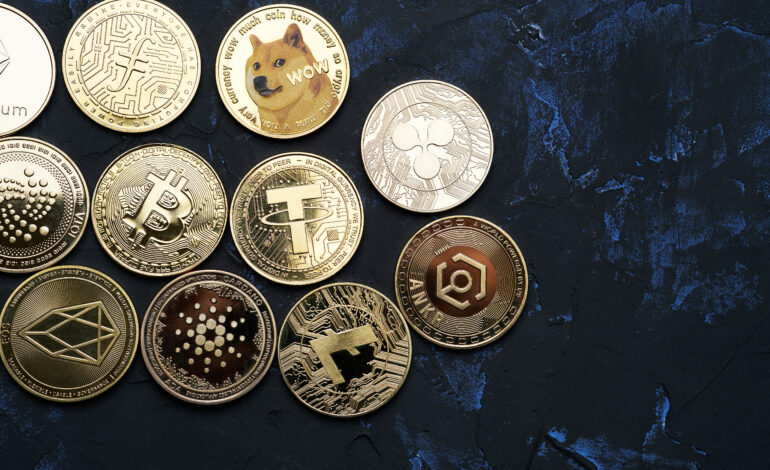
What can be counted as a major stride to change the face of finance, Ripple, the San Francisco-based blockchain technology firm, has reached that milestone when 80% of Japan’s banking circle joined in. In fact, the collaboration will mark one of the important moments when the implementation of blockchain technology starts within traditional banking systems and increases Ripple’s influence in the global financial area.
Ripple on the Rise
Founded in the year 2012, Ripple has established itself as a continuing pioneer in blockchain technology, striving to provide a faster, more efficient, and cost-effective means of cross-border payment solutions. Unlike Bitcoin, which is a decentralized digital currency in and of itself, Ripple’s main function is providing seamless transactions between different financial institutions with its digital payment protocol and cryptocurrency, XRP.
Japan’s Banking Industry Embraces Blockchain
Japan traditionally has been an advocate of technological innovation, and so it is with the banking system. Its financial institutions are progressive in terms of adopting advanced technologies that better their services. The entry of Ripple into Japanese territory points to the country’s determination to remain ahead in financial circles globally.
All this is made possible with the partnership between Ripple and SBI Holdings, the leading Japanese financial services company which had been at the forefront of propagating blockchain technology use within the banking industry. In conjunction, SBI Ripple Asia, one of its subsidiary units, has partnered directly with Ripple for the advancement, creation, and implementation of blockchain-based payment solutions.
Changing Cross-Border Payments
Smoothing cross-border transactions is one of the most important benefits of Ripple’s technology. Most international money transfers involve exorbitant fees, high latency, and/or opacity in the process. The blockchain technology at Ripple facilitates this with near-instant transactions at much lower costs.
This would mean that finally, Japanese banks can offer their customers faster and cheaper cross-border payment options, thereby raising customer satisfaction while opening new revenue streams. Also, with the integration of Ripple’s technology, there is less dependence on intermediary banks that naturally tend to add complexity and cost to international transactions.
XRP’s Role
While impressive as a blockchain, it is the use of XRP as a bridge currency that gives it real oomph. XRP provides liquidity for banks to enable transactions without needing pre-funded accounts in various currencies, thereby reducing capital requirements and cutting risks due to changes in currency valuation.
A Bright Future Ahead
But that is not all: Ripple is only just getting started, for it has been in partnership with 80% of the banking industry in Japan. Once these financial institutions continue to better their understanding of how blockchain technology works to their advantage, Ripple’s reach could extend even more. The successful implementation of Ripple’s solutions in Japan might, therefore, serve as a blueprint for other countries in the wide development of the use of blockchain in banking.
Moreover, the consistent efforts of Ripple to follow regulatory needs and make agreements with central banks and other financial regulators all over the world will be gainful in credibility and expedite the momentum of its inclusion into traditional financial mechanisms.
Conclusion
This collaboration of Ripple and the banking industry in Japan is huge, improving the financial ecosystem to be even more efficient and transparent. With the latest blockchain technology provided by Ripple, Japanese banks are about to alter completely the very aspect of cross-border payments for customers by offering them unprecedented speed and cost savings. As Ripple strikes strategic partnerships all over the world, the outlook for international finance seems ever so interwoven and smooth in the future.





